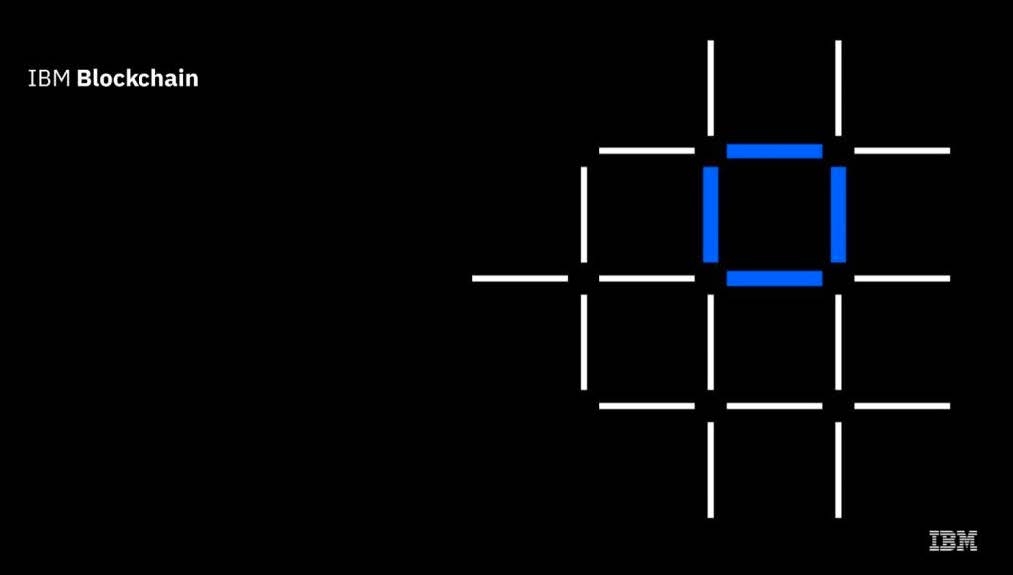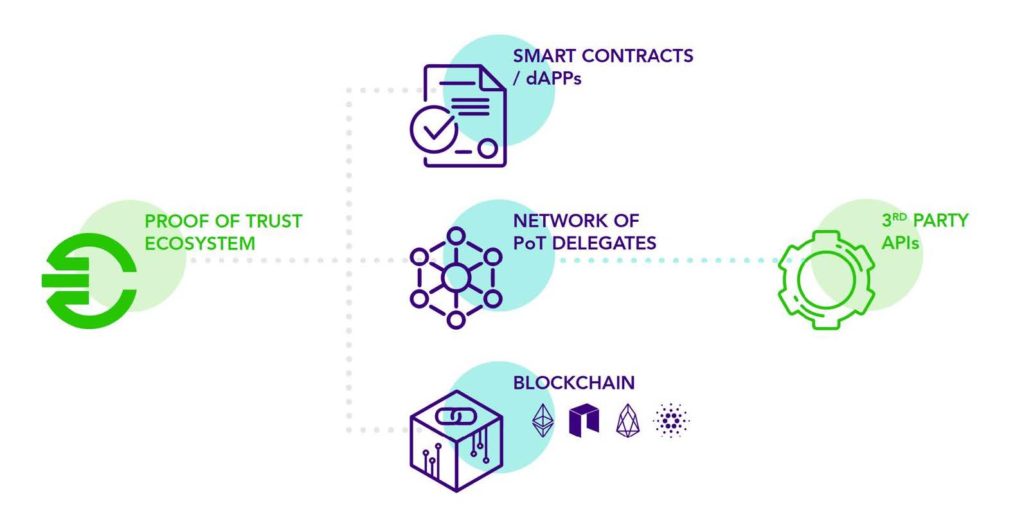The importance of trust
Smart contracts and blockchain technology are reshaping the way customers and businesses interact, and trust plays a vital role in order to creating effective working relationships between parties. Enterprises are now managing data as an asset and so for it to have any value whatsoever it must be trustworthy.

The blockchain does a fantastic job of maintaining a trusted and immutable record of events, one that is almost impenetrable to attack. The problem is however, if the data that was originally entered to a smart contract was invalid, incorrect or misinformed this will remain permanently on the blockchain with no hope of being removed.

The power of technology
The Proof of Trust (PoT) have joined forces with tech giant IBM and have created a multi-platform blockchain application for dispute resolution and smart contract validation to ensure that data entered is honest, legitimate and trustworthy in all cases. The versatile technology will be available for deployment on various other platform options – IBM cloud, Redhat Openshift, Azure and AWS.

The utility of smart contracts
Smart contracts are digitally encoded agreements, between two parties, that automatically execute once certain conditions have been met. By automating processes, the need for intermediaries and middlemen is reduced, resulting in cheaper more efficient transactions at greater speed. Smart contracts are undoubtedly powerful but are at the mercy of those individuals entering the data. The weakest link of any blockchain is at the human interface with the technology.
The dissipation of risk
The Proof of Trust platform removes the risk of data entry and provides authenticity to any smart contract through the use of an innovative anti-collusion algorithm, such that smart contracts can gain institutional adoption. A bank of trusted and verified experts act as decentralised oracle inputs (referred to as ‘Delegates’) to ensure that no one individual has dominion over the data input. By introducing trusted Delegates, risk is dissipated and smart contracts and blockchain become a more attractive alternative to many legacy systems.

The importance of trust
Development of the Proof of Trust protocol is now complete and the company will work with IBM to build out the user interface and future industry specific use cases in areas such as supply chain, voting, cross-border transactions and insurance. Development of the technical solutions is underway with launch of the Proof of Trust dApp expected in February 2020.